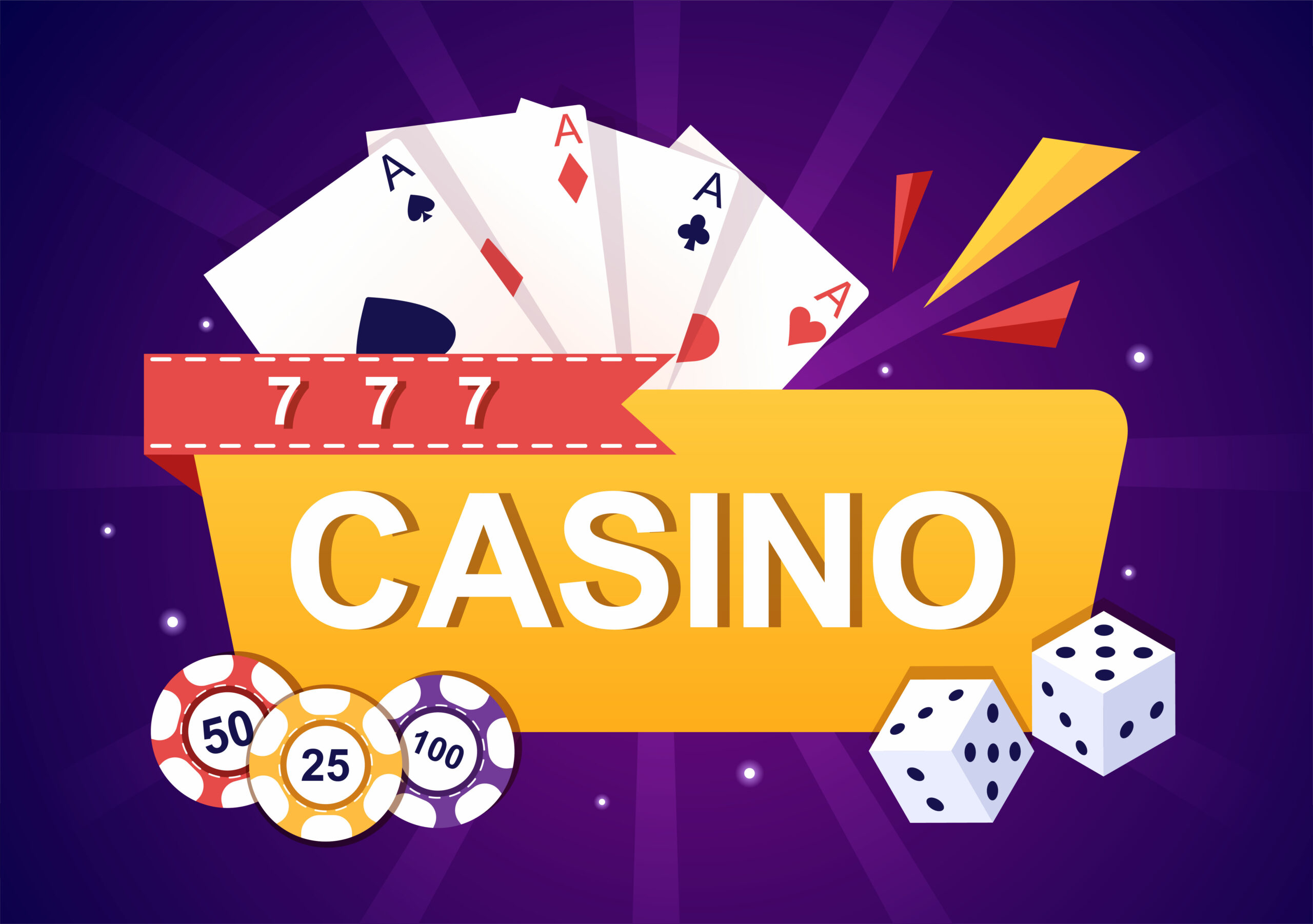
Casino games have long been an integral part of human culture, delivering not just entertainment but a intriguing reflection of our dreams, wishes, and concerns. From the spinning reels of a slot machine to the skill-based strategies of poker, these games represent a variety of human feelings and experiences. betting sites not on GamStop At their core, casino games are not just a chance to earn cash; they are a microcosm of life itself, where risk and reward merge and luck can change in an eye blink.
As players gather around tables or sit in front of vibrantly illuminated machines, they participate in a ceremony that transcends mere betting. These games echo our innate desires for relationships, adventure, and the pursuit of luck. They also reveal deeper truths about human psychology, such as our relationship with fate and the excitement of uncertainty. In exploring casino games, we discover not only the mechanics of play but also the complex weave of the human story, showcasing our interconnected narratives of aspiration and reality.
The Mind Behind Gambling
Wagering is intrinsically connected in human psychology, appealing to various feelings and wants. The excitement of risk-taking is a fundamental aspect that attracts participants, be it it’s excitement of spinning a roulette wheel or the excitement of drawing a winning hand in a poker game. This adrenaline is often compared to other forms of thrill, as the uncertainty of outcomes elicits a distinct psychological response. Players often find themselves captivated by the possibility of winning big, leading to an almost magnetic draw toward gambling games.
Additionally, a crucial component of the psychology behind gambling is the concept of optimism and aspiration. Participants often indulge in fantasies of financial freedom and the opulent lifestyle that can accompany winning. This optimism fuels their continued participation in casino games, as it provides a sense of purpose and the belief that a life-changing win could be just one bet away. The narrative of beating the odds and finding success resonates with many, strengthening their commitment to play and involve themselves with these games.
Finally, social dynamics play a significant role in gambling psychology. Gambling venues are designed to foster social interaction, where players gather to share the experience of wins and losses. This communal aspect not only enhances enjoyment but also influences behavior, as individuals often imitate the actions of others in their vicinity. The collective approval found in mutual thrill can magnify the emotional experience, making casino games a reflection of not just personal desires but also shared involvement within the gaming community.
### Risk and Reward: A Double-Edged Sword
Gambling activities embody the fragile balance between danger and gain that resonates deeply with the human experience. The thrill of placing a bet is often accompanied by a rush of adrenaline, as participants are confronted with the prospect of a huge payout, yet conscious of the potential to lose. This dual experience reflects a fundamental aspect of life: the paths we choose often come with intrinsic risks, and the pursuit of reward can push us to make risky moves we might not normally consider. In this way, gambling activities echo real-world choices, enticing players to risk not just their capital, but also their aspirations.
The allure of jackpot prizes and winnings fuels a feeling of positivity, encouraging gamblers to imagine a more promising future that could manifest from a single victorious spin of the roulette or turn of a card. This positive outlook can motivate individuals to engage in more daring actions, urging them to take greater risks in search of financial gain. However, just as in life, the outcomes of these risks can lead to both victory and loss. The narratives of both big winners and those who have faced losses everything at the tables demonstrate the chaotic nature of luck and its impactful effect on our lives.
Ultimately, the interaction of engaging with gambling activities serves as a strong reminder of the nature of humanity. Every round played is filled with the tension of risk, as gamblers weigh the gains against the dangers. This interaction not only highlights the thrill that comes with gambling but also exposes the risks that come with the desire for more. As we explore the complexities of choice and consequence in both the gambling world and in life, we find that the pursuit of risk and reward shapes our character and lives in deep ways.
Society and Loneliness in Casino Culture
Casino environment is a distinct mix of social engagement and individual pursuit, reflecting the tensions of human experience. Players often gather around games, sharing in the excitement of the game, rejoicing in wins, and sympathizing over losses. This communal aspect is vital, as it creates a sense of community and camaraderie among diverse groups of individuals. Regular attendees to gaming establishments may form friendships and develop routines, turning the casino into a alternative home where they feel connected to a greater community of gamblers.
However, the allure of gambling activities can also lead to loneliness. As individuals become engrossed in the excitement of playing, they may isolate from personal relationships or neglect to interact with the environment outside the gaming space. For some, the pursuit of a windfall can distract from real connections, leading to loneliness. The situation of being among people yet feeling solitary is not rare, as the attention shifts from collective fun to the private concerns of each individual’s path.
This interaction of community and solitude creates a rich mosaic that defines casino atmosphere. It showcases the complexity of human interactions, where joy and despair exist together. Casinos serve as both a sanctuary for social interaction and a platform for individual challenges, demonstrating how deeply connected our desire for connection and the individual quest for wealth can be. In navigating this landscape, gamblers confront their own stories—seeking both the thrill of the game and the fellowship of fellow gamblers, ultimately reflecting the wider spectrum of individual experience.
